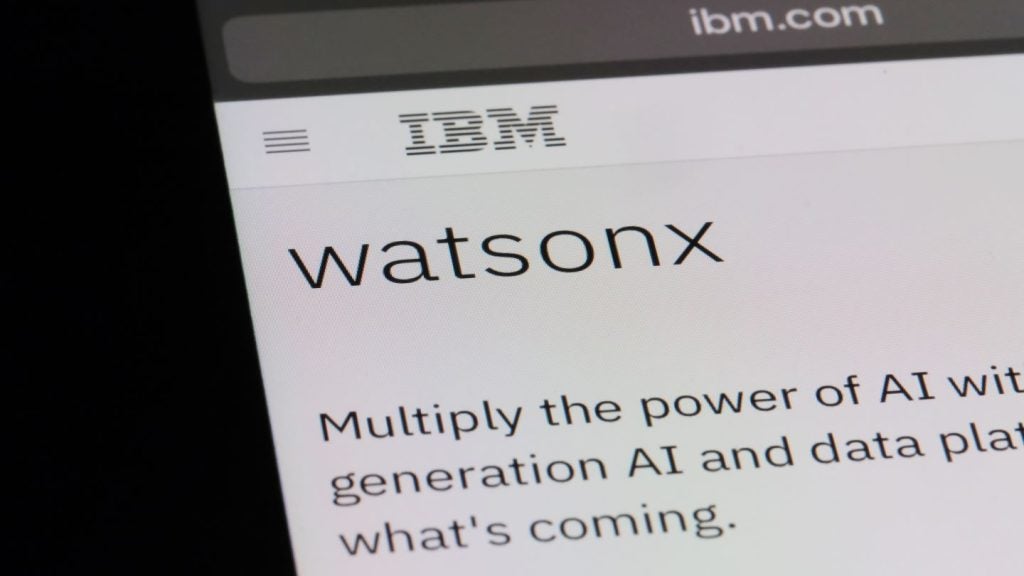
“Hello Timo, nice to see you. I’ll be glad to help you.” Carla records claims 24 hours a day, seven days a week and takes less than two minutes to evaluate and process them. Carla works for a digital insurer and is a chatbot by profession. While she is answering Timo, she contacts the bank in the background, which pays Timo back his money – the same day. This is not a dream, but already a reality.
The future of insurance in the digital age
In the digital age, intelligent machines are the new workers on the assembly line, and data is the new raw material. This applies to almost all industries and applies in particular to the insurance world as insurance is based on mathematical models and probability calculations. In short: based on data.
The more data on which the calculations are based, the easier it is to derive and price risk profiles. Data, therefore, changes the core of the product “insurance” in three essential areas; the offer phase, in the event of a claim and in the long-term customer relationship.
In the offer phase, the future of insurance will involve long-term personalised product bundles that fit customer needs much better – away from standardised and inflexible policies. If the insurer can better assess the needs of the customer on the basis of their past history or behaviour, they are in a position to put together tailor-made insurance packages.
For example, it would be conceivable to automatically adjust the insurance cover as soon as the customer’s life changes, such as if the customer gets married, buys a car or a property or travels abroad.
Combatting fraud
Customer experience in the event of a claim will also change dramatically. Fraud is still the biggest problem in the system, with 2% of the customer base causing 40% of the system’s inefficiency. According to estimates by the Association of British Insurers (ABI), one insurance fraud is detected every minute – amounting to economic losses of £3bn every year. Of the estimated worth of total fraud cases a year, £2bn goes undetected.
How well do you really know your competitors?
Access the most comprehensive Company Profiles on the market, powered by GlobalData. Save hours of research. Gain competitive edge.

Thank you!
Your download email will arrive shortly
Not ready to buy yet? Download a free sample
We are confident about the unique quality of our Company Profiles. However, we want you to make the most beneficial decision for your business, so we offer a free sample that you can download by submitting the below form
By GlobalDataBut what if insurers are better able to assess customers on the basis of data and know which customers they can trust – and which not? Credible customers could then benefit from the immediate payment of the loss incurred, while the few “black sheep” would not even be accepted as customers or would be checked more closely in the event of a claim being reported.
The computer does not act without control but within certain parameters defined by humans. This is comparable to processes in the manufacturing industry. Here, too, people define the exact parameters that are to be checked – controls are implemented by machines that are significantly less prone to errors.
The situation is similar when it comes to insurance fraud: people make value judgements and specify which indicators can point to a case of fraud. They retain sovereignty over the entire process. The smart algorithm, on the other hand, is only the tool for evaluating and linking the many individual data points. Smart algorithms will reduce employees’ workload, but will not replace them.
The future of insurance
Finally, digitisation will also change the long-term relationship between insurer and insured. The future of insurance will not only settle claims, but it could also prevent them from arising. A better database will not only make it possible to calculate the probability and amount of loss more precisely, but it will also make it easier to calculate the risk of loss. Digital systems and sensors can also help prevent possible claims. Telematic tariffs in motor vehicle insurance are already moving in this direction by promoting a prudent driving style.
Sensors on washing machines and industrial plants or intelligent smoke detectors are one thing – monitoring people in the health sector is another. Some health insurers reward exercise, for example, if the customer can prove participation via smart fitness watches. It remains to be seen the extent to which customers are willing to exchange this personal data for premium refunds. In the long term, the legislator will also be asked to take action to ensure that the solidarity principle is not undermined.
However, the danger of increasing surveillance is countered by a clear increase in customer service, individualised services and flexibility on the customer side. Digital insurers rely on customer’s self-determination and a positive insurance experience in an industry that sometimes appears to be immobile and non-transparent.
Digitalisation has reached the insurance industry but has not yet shaken its foundations. That will change. The future of insurance will have little in common with today’s structures and processes. Not all companies will be able to master this switch to become digital insurers.
Read More: Like banking before it, could insurance be about to have its own digital revolution?







